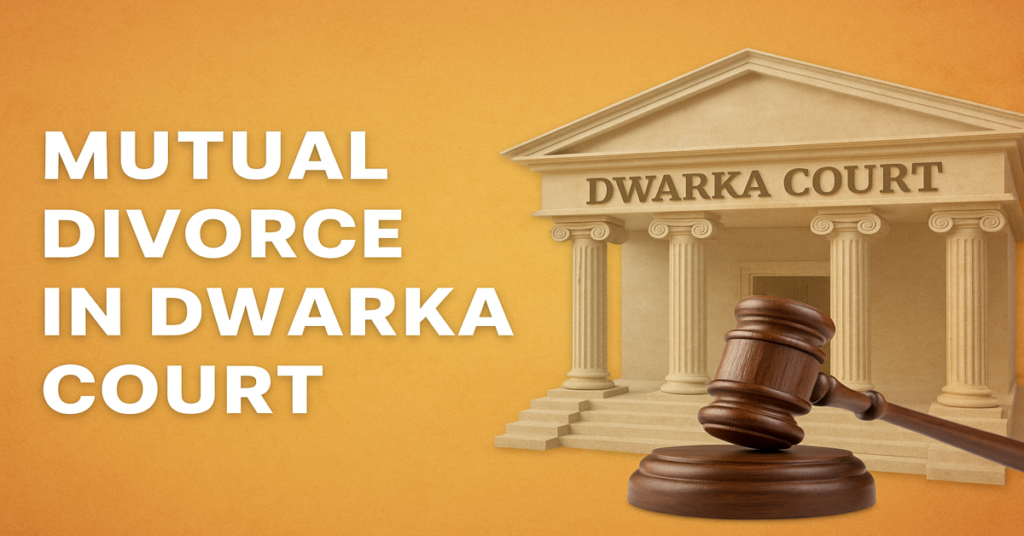Divorce is a life-altering decision that should be made with careful consideration. Mutual divorce, where both partners agree to end their marriage amicably, is one approach. This article explores the pros and cons of mutual divorce to help you determine if it’s the right choice for your situation.
What Is Mutual Divorce?
Mutual divorce is a legal process in which both spouses agree to end their marriage without contesting or fault-finding. It often involves a collaborative approach, making it distinct from a contested divorce.
Pros of Mutual Divorce
Amicable Resolution
One of the primary benefits of mutual divorce is the amicable resolution it offers. It allows couples to part ways on relatively good terms, fostering a healthier post-divorce relationship.
Cost-Efficient
Mutual divorce is often more cost-effective than contested divorce. Since both parties agree on most terms, legal proceedings are generally quicker and require fewer attorney hours.
Quicker Process
Mutual divorce tends to be quicker because both spouses are in agreement. This means you can move on with your life sooner rather than getting entangled in a lengthy legal battle.
Privacy Preservation
With mutual divorce, the details of your separation are typically kept private, sparing you from the public scrutiny that can come with a contested divorce.
Minimal Emotional Strain
Since mutual divorce promotes cooperation, it generally involves less emotional stress and conflict, which can be particularly beneficial if you have children.

Cons of Mutual Divorce
Requires Cooperation
Mutual divorce necessitates cooperation. If one party is uncooperative or disagreements persist, the process can become challenging.
Asset Division
The division of assets and property can be complex, especially if there are substantial shared assets. Disputes can arise over property distribution.
Child Custody
Deciding on child custody arrangements can be difficult, and disagreements may occur. This can lead to disputes and potentially legal battles.
Not Suitable for All Situations
Mutual divorce may not be suitable for couples in high-conflict situations, where issues like abuse or substance misuse are involved.
Conclusion
Mutual divorce offers numerous advantages, including an amicable resolution, cost-efficiency, and a quicker process. However, it’s essential to consider the potential challenges, such as the requirement for cooperation and the complexities of asset division and child custody. The suitability of mutual divorce depends on your unique circumstances and your ability to collaborate effectively with your spouse.



